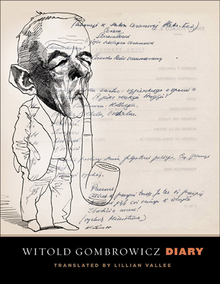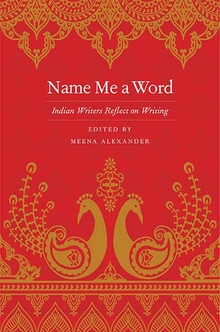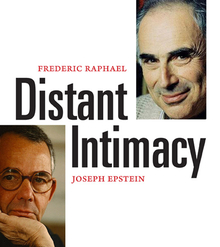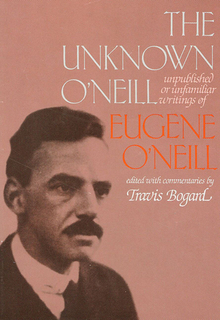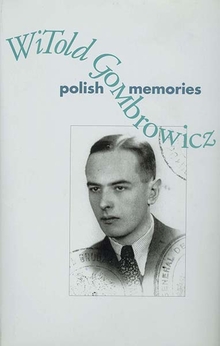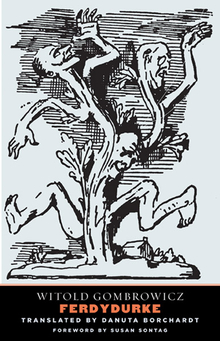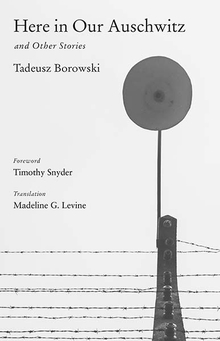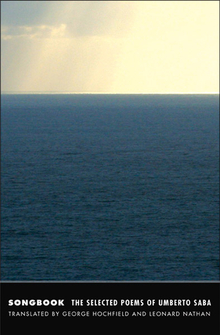A Guide to Philosophy in Six Hours and Fifteen Minutes
WARNING
You are viewing an older version of the Yalebooks website. Please visit out new website with more updated information and a better user experience: https://www.yalebooks.com
Witold Gombrowicz; Translated by Benjamin Ivry
In a small literary gem full of sardonic wit, brilliant insights, and provocative criticism Witold Gombrowicz discusses Kant, Hegel, Schopenhauer, Kierkegaard, Sartre, and Heidegger in six "one-hour" essays—and addresses Marxism in a "fifteen-minute" piece.
"Who hasn't wished for a painless way to find out what the big shots of philosophy—Hegel and Kant, Nietzsche and Sartre—thought of the human condition? It has never been easy reading such formidable thinkers, and most explainers and textbooks either get it wrong or massacre the language. So imagine my pleasure in opening Witold Gombrowicz's Guide to Philosophy in Six Hours and Fifteen Minutes, an exceptional effort at summarizing concepts in bold, declarative sentences. . . . [This book] is like the course in philosophy you wish you had taken."—David Lehman, Bloomberg News
"A must for every reader of Gombrowicz."—Denis Hollier, New York University
Witold Gombrowicz (1904–1969) is the author of Ferdydurke, Trans-Atlantyk, Cosmos, and Pornografia, the first three available from Yale University Press. These, along with his plays and his Diary, have been translated into more than thirty languages. Benjamin Ivry is an American writer on the arts, broadcaster, and translator.
“Brilliantly, savagely funny. . . . Gombrowicz is that rare writer in whom the weight of a powerful intellect is leavened by both linguistic daring and an infectious sense of whimsy.”—Benjamin Paloff, The Nation
“[The translation] provide[s] hope that for the first time it may be possible for those lacking fluency in Polish to enjoy this singular talent for all that he is. . . . He is brilliantly, savagely funny—a philosophical, stylistic and comic genius in one. . . . Gombrowicz is that rare writer in whom the weight of a powerful intellect is leavened by both linguistic daring and an infectious sense of whimsy.”—Benjamin Paloff, The Nation
"The language is both earthy and professional, and it jolts the reader into a realization that 'the meaning of meaning' is by no means self-evident. . . . A Guide to Philosophy is vintage Gombrowicz: concise, sober, lucid, and radically agnostic."—Ewa Thompson, Slavic and East European Journal
“A must for every reader of Gombrowicz.”—Denis Hollier, New York University
Publication Date: April 24, 2012



